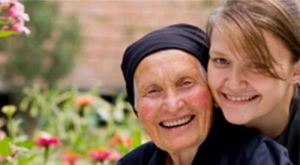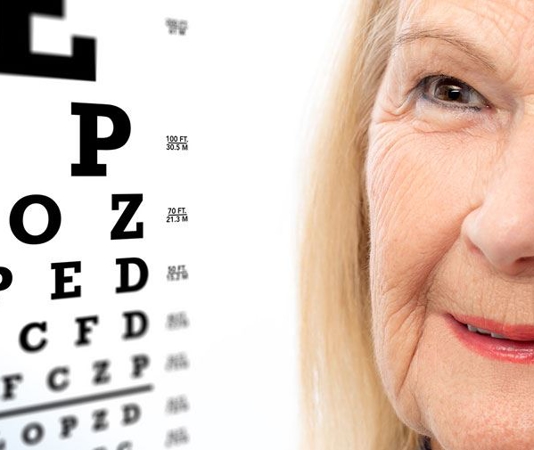 Words matter. The words we choose to use each day can affect the feelings
of those around us as well as our ability to successfully communicate
with one another in all manner of relationships.
Words matter. The words we choose to use each day can affect the feelings
of those around us as well as our ability to successfully communicate
with one another in all manner of relationships.
When we call someone a caregiver, we are saying that they care for someone who cannot fully care for themselves at the present time. This also implies that the relationship between the two people is of one person giving and one person taking or receiving. However, caring is—and in ideal circumstances—a two-way street of both parties giving and receiving.
A Little (Word) Trip Down Memory Lane
The word caregiver is fairly new in the lexicon. Care+giver dates back only to the 1970s and is basically defined as “a person who cares for someone who is sick or disabled.”
Caregiver has its origins in the word caretaker, which dates back to about 1860. One definition of caretaker is “a person who takes care of another.” Both words imply the single flow of care from the person providing that care to the person needing care.
As professional care evolves and more and more people care for their family members with people living much longer, it’s time to reassess the terminology for these relationships.
Howdy, Pardner!
Whether two people are friends, neighbors, family members, or client and provider, the relationship is mutual and therefore both people are giving and receiving. Instead of giving care, someone partners in care.
According to The Eden Alternative®, “Care partnership implies a balance of care—that opportunities to give as well as receive are abundant and experienced by everyone in the care relationship.”
When two people partner in care, they can each grow as individuals and therefore each feel uniquely useful and helpful. For example, if there is a man living with ALS (Lou Gehrig’s disease) who is in a wheelchair, his care partner can talk with him about his simple pleasures, his hobbies, the things that he has long derived joy from and learn that this man loves to go fishing. Even if the care partner has never been fishing, he or she can be part of a fishing day by assisting with the wheelchair and other support and they might also learn about fishing from this person living with ALS.
Such interdependent relationships emphasize the strengths and gifts or talents of each person and from this is the opportunity to learn and grow.
To be a caregiver or to give care is worthwhile and beneficial. Yet partnering in care is a meaningful experience for all involved and lets everyone thrive.




